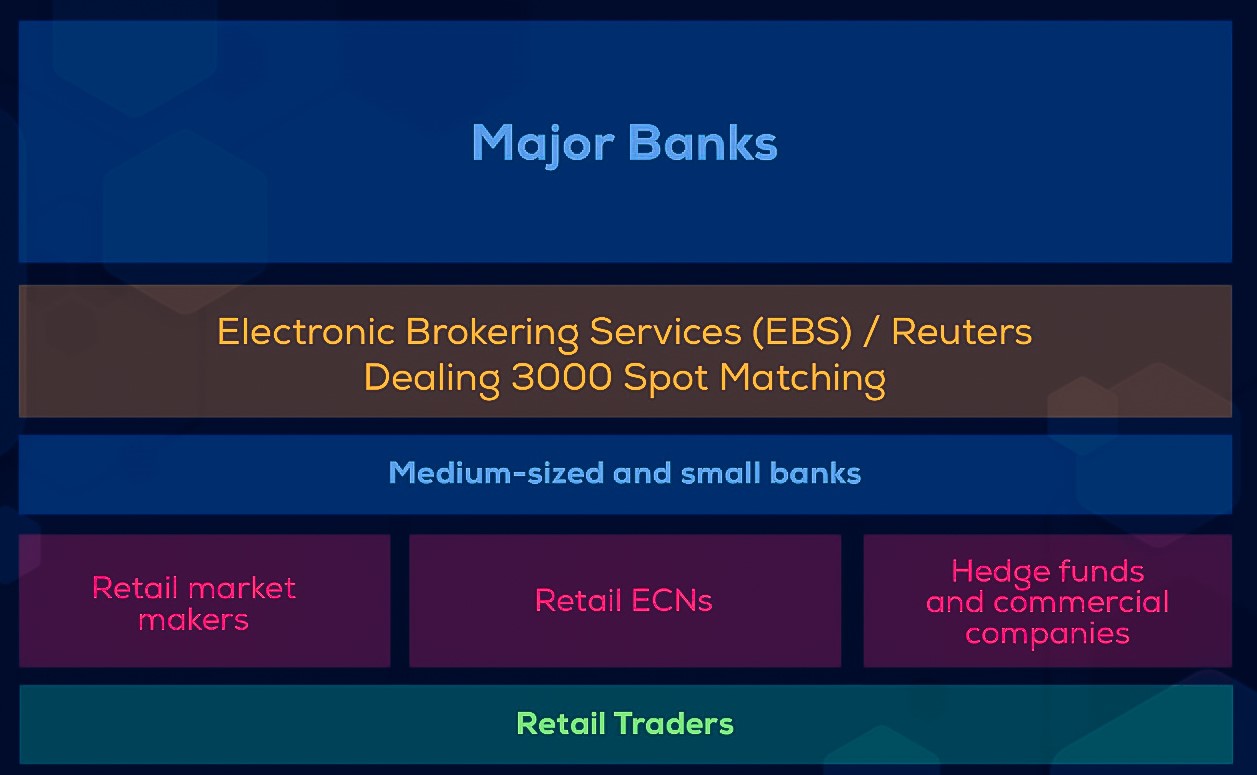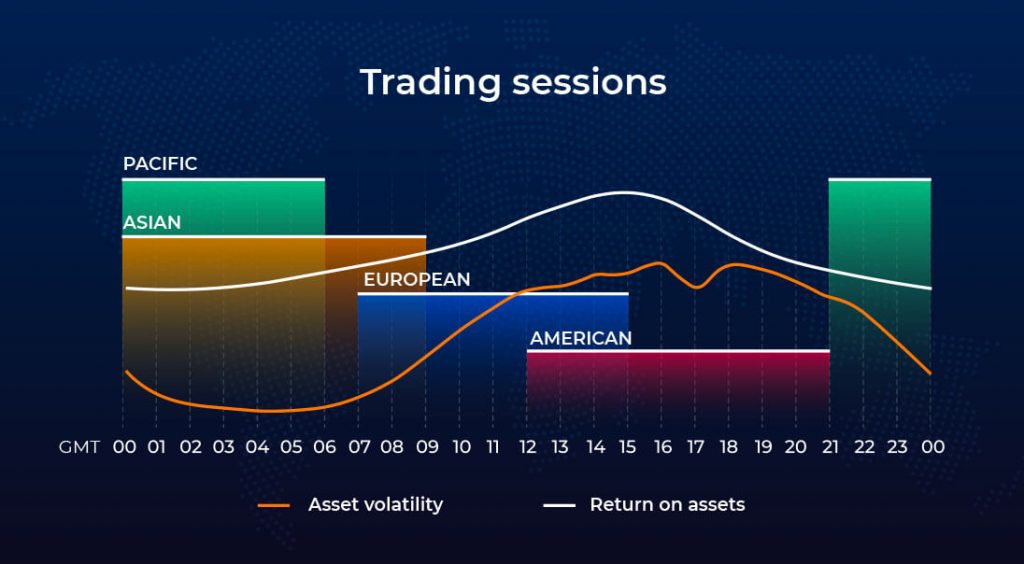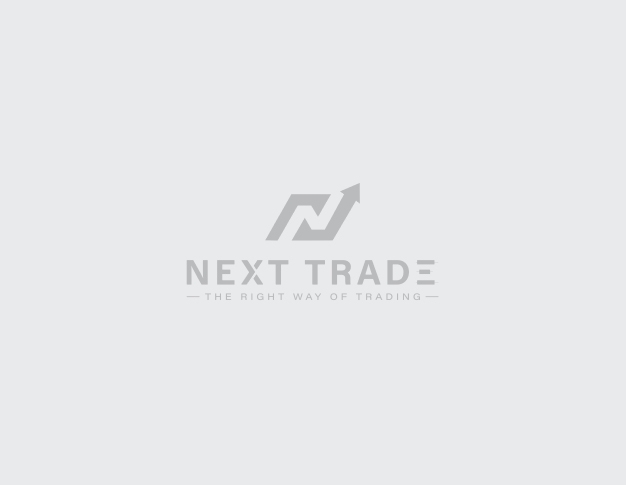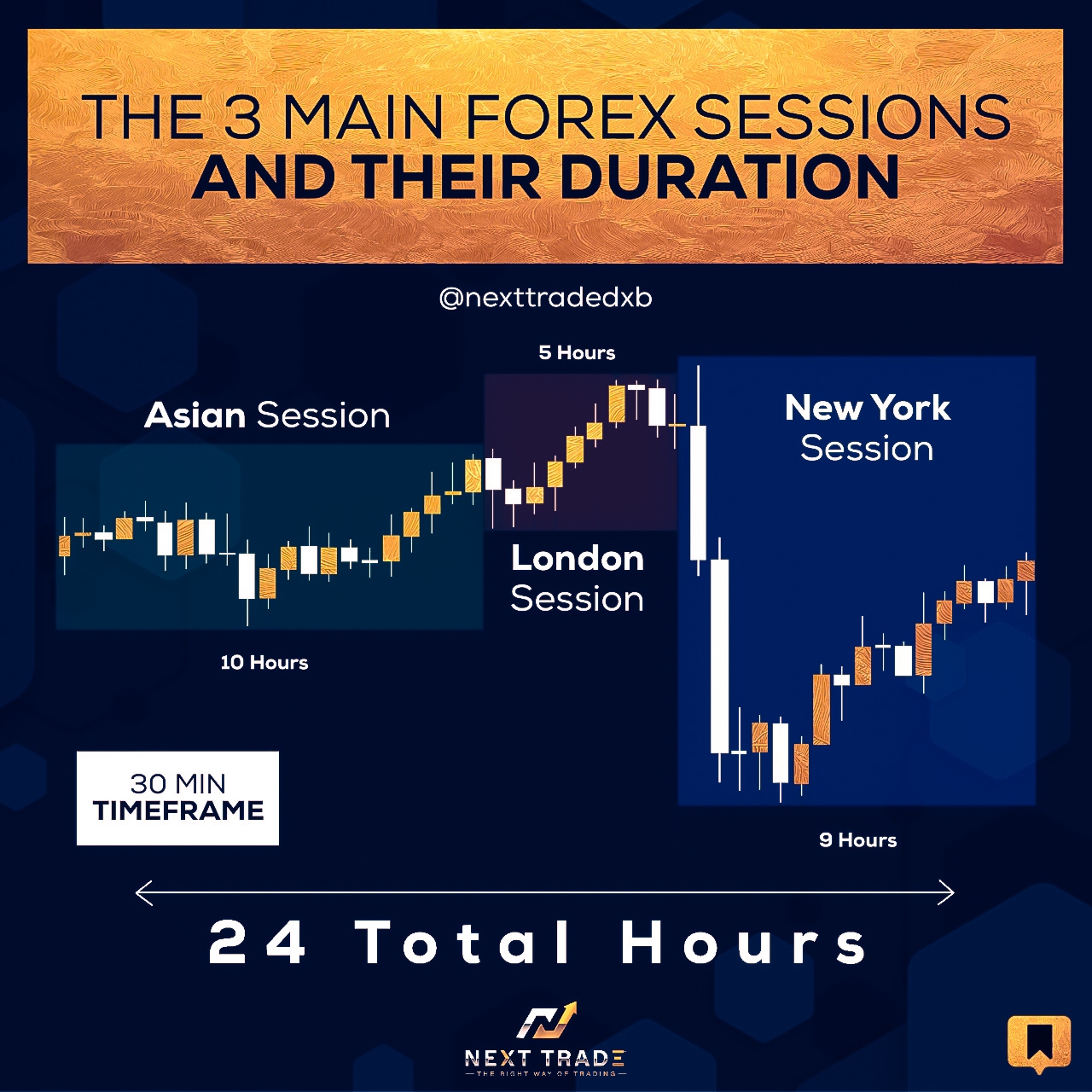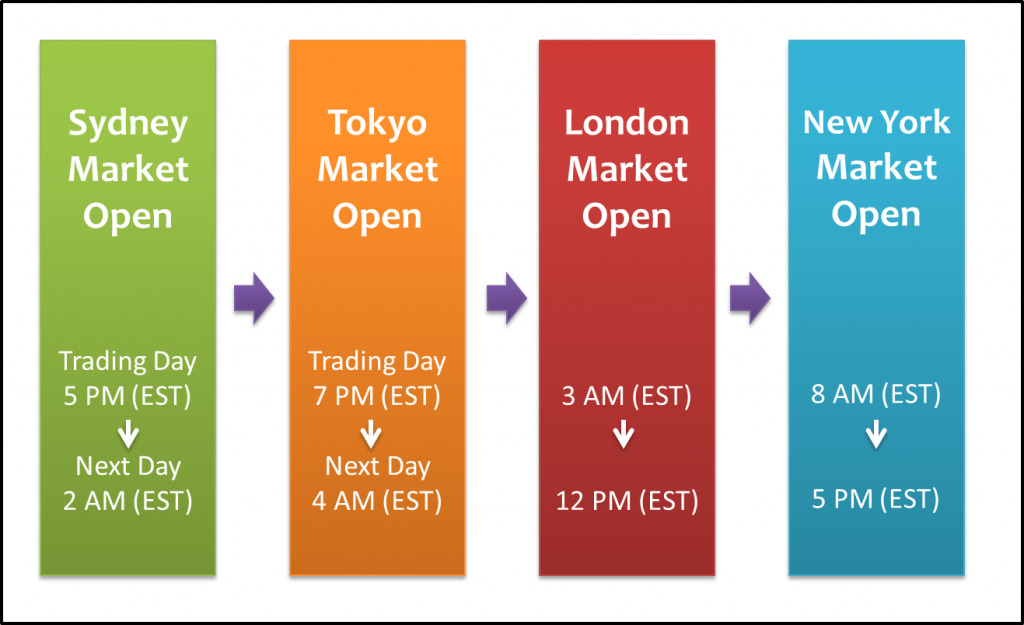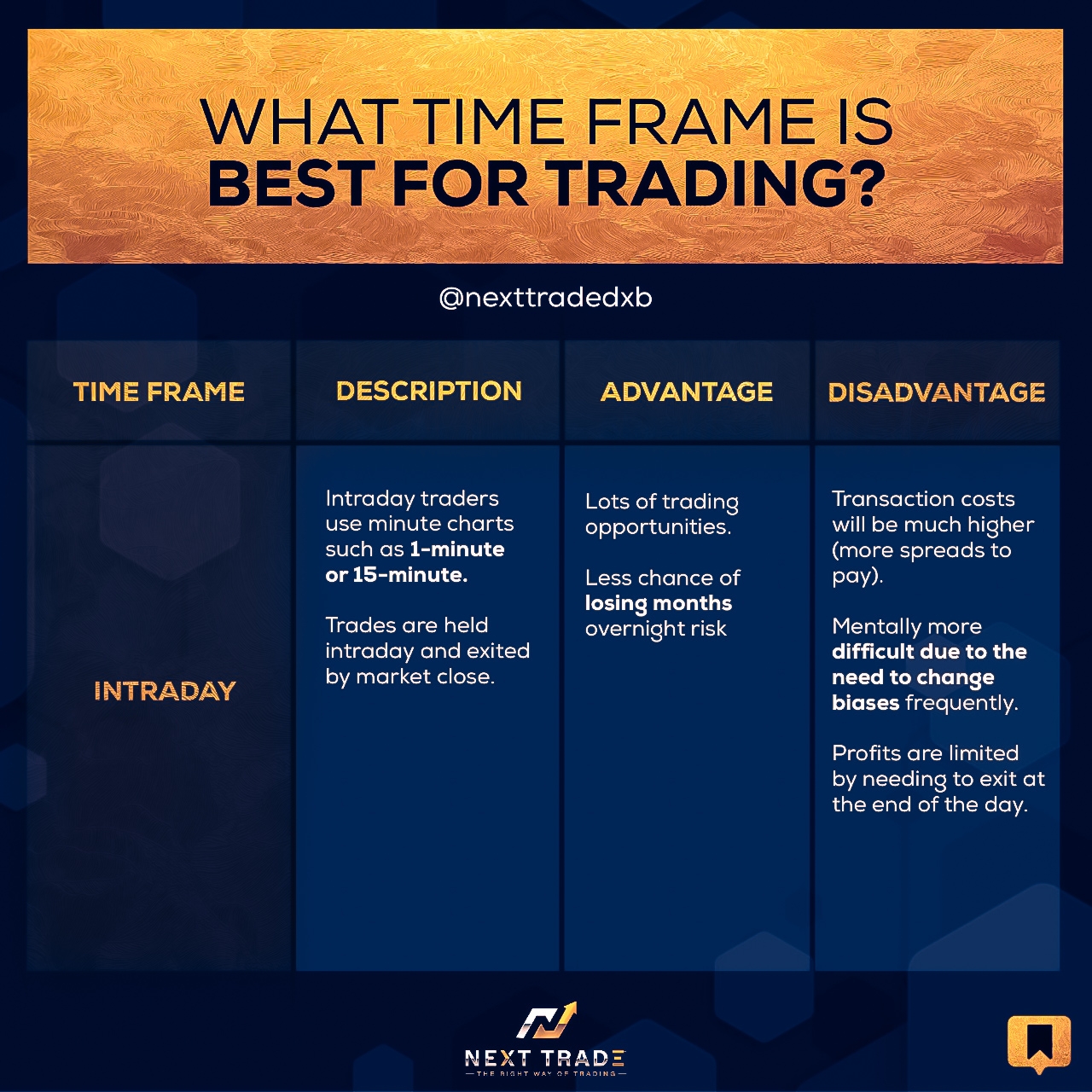Types of Forex Markets
There are modes of trading in the market. The foreign exchange market has a graph. In order to demonstrate the working of a foreign exchange market, we should take an example of two currencies: the U.S. dollars and the Chinese Yuan. The supply of dollars and the demand for them both go up when the market traders exchange dollars. There needs to be an equal number of dollars in the market to buy the Yuan. Both the demand and supply factors are working at the same time. The value of dollars decreases when people buy more yuan because. There is an existing demand for the Yuan. When a country’s currency appreciates, its imports become cheaper. When the currency goes down, imports become more expensive. Domestic currency value is equal to the other currency in order to pay for goods.
Different modes of trading are embodied in the foreign exchange market.
The spot market is the most popular type of market. The market allows traders to buy and sell at current market rates. Transactions demand fast payments. Currency can be delivered or exchanged on the spot in 48 hours. Currency exchange occurs two days after the contract date in spot transactions. The effective exchange rate for a spot transaction is the spot market’s rate. When the price of a commodity goes up or down, traders face uncertainty. Spot market traders don’t have to worry about such uncertainties in the market.
Forward Market /The over the counter market is similar to the spot market, but traders can also buy and sell futures contracts. The forward market is a type of exchange that takes place in the future for a specific price. The forward currency market is a contract to purchase or sell foreign currency in the future. Spot rates are similar to forward rates, but delivery takes place later. There may be differences between the two rates. The forwarding margin and swap points are different. The period of delivery can be tailored by traders. It is possible to avoid the challenges of rate fluctuations by using relevant forward exchange contracts.
Future Market : A futures contract is a publicly traded version of a forward contract. Just like a forward contract, it includes the price and time in the future to buy and sell an asset. There is a fixed contract size and maturity date in a futures contract. Competitive trading occurs when futures are traded on an organized exchange. The futures market requires margins, but a forward contract does not. To create a future position, traders must pay an initial margin into a collateral account.
Swap Market : There’s a swap market. Two streams of cash flows can be exchanged in two different currencies. Double transactions are operations in which a purchase or sale of the same currency for forwarding delivery follows a simultaneous purchase or sale of spot currency. The spot currency is changed against the forward currency. Commercial banks may use swap operations to alter their fund position.
Options Market: Foreign exchange market operators can use options to buy or sell a foreign currency at a certain price before or after a certain date. A call option allows traders to buy the underlying asset, while a put option allows them to sell it. The underlying asset can be purchased or sold through the option. It’s not an obligation for traders to exercise the option.
Exchange traded funds (ETF). The foreign exchange market allows investors to buy and sell currencies. Currency exchange traded funds can be used to invest in foreign exchange. The article explains what an exchange traded fund is and how to trade it. A mutual fund that trades like a stock on the stock market is called an exchange traded fund. Investment companies that are registered with the SEC offer exchange traded funds, which are popular ways to invest in stock and foreign exchange markets. An Exchange Traded Fund is a collection of securities that are traded together on the open market like a single security. They are popular because they are easy to trade. Just like you would buy and sell stocks, you can buy and sell ETFs. It is a good way to invest in the stock and foreign exchange markets. Because they are registered with the SEC, they are able to invest in the stock market without having to buy or sell stocks. You can also invest through your broker. You can use online platforms to invest in ETFs. A basket of stocks, bonds, commodities, or other assets are tracked by an investment product called an exchange traded fund. They can be traded on stock exchanges and provide opportunities for capital gains and losses. There are many advantages to investing in an exchange traded fund. You can trade them all day long. The managers of the exchange traded funds attempt to track the stock or asset benchmark instead of trying to pick individual stocks. The risk of investing in an exchange traded fund is reduced, as well as the potential for beating the performance of the underlying assets. It’s possible to invest in unfamiliar markets with the help of an exchange traded fund. You can invest in an exchange traded fund that tracks stock markets in Brazil, Poland, and China. It is possible to gain exposure to the markets without investing in individual stocks. It can be cost effective to invest in the Exchange Traded Funds. You can buy an exchange traded fund that tracks the S&P 500 stock index for less than buying the S&P 500 stocks themselves.
Electronic Market: The electronic market is the most liquid market. This market allows traders to use electronic funds transfer.
Types of Forex Markets
The futures markets (Derivates Market) rely on the forward contract market for price discovery. Two parties agree to purchase or sell a commodity at a specific price on a future date in a forward contract. The supply and demand forces in the market determine the price of a forward contract. The purpose of a forward contract is to provide price certainty and to minimize price risk. It is possible to hedge price risk and speculate on future prices with forward contracts. The risk of price fluctuations on underlying assets is reduced by forward contracts. There are forward contracts that can be used to take advantage of price discrepancies. Future price changes are used to profit from forward contracts. There are many Individuals and Firms that take trades based on the direction, exploit price discrepancies or Reduce risk in order to make money from the market. There are opportunities to make money in the market for all three types of investors.
Arbitrageurs: The process of taking advantage of a price difference between two markets is called Arbitrage. offsetting positions can be taken in the two markets or derivatives. Arbitrageurs take offsetting positions in order to take advantage of price differences between markets. They may do this so that they don’t get too involved in any one asset.
Hedgers : Hedgers lock in a price for an item, protecting themselves from price fluctuations. for example Hedgers try to reduce the risk of losing money by buying stocks in anticipation of a drop in prices and then selling them when the prices rebound. A hedger usually takes positions in one market in order to hedge an investment in another market.
Betting on the future direction : Speculators Firms or Traders try to make money by betting on the future direction of the market, If there is a chance of making a profit, speculators are willing to bet on it. Since they are not always concerned about the long term implications of their investments, they are often blamed for causing prices to fluctuate unpredictably. Those who bet on the future direction of an asset are called Speculators.
Exchange-traded funds (ETF). The foreign exchange market allows investors to buy and sell currencies. Currency exchange traded funds can be used to invest in foreign exchange. The article explains what an exchange traded fund is and how to trade it. A mutual fund that trades like a stock on the stock market is called an exchange traded fund. Investment companies that are registered with the SEC offer exchange traded funds, which are popular ways to invest in stock and foreign exchange markets. An Exchange Traded Fund is a collection of securities that are traded together on the open market like a single security. They are popular because they are easy to trade. Just like you would buy and sell stocks, you can buy and sell ETFs. It is a good way to invest in the stock and foreign exchange markets. Because they are registered with the SEC, they are able to invest in the stock market without having to buy or sell stocks. You can also invest through your broker. You can use online platforms to invest in ETFs. A basket of stocks, bonds, commodities, or other assets are tracked by an investment product called an exchange traded fund. They can be traded on stock exchanges and provide opportunities for capital gains and losses. There are many advantages to investing in an exchange traded fund. You can trade them all day long. The managers of the exchange traded funds attempt to track the stock or asset benchmark instead of trying to pick individual stocks. The risk of investing in an exchange traded fund is reduced, as well as the potential for beating the performance of the underlying assets. It’s possible to invest in unfamiliar markets with the help of an exchange traded fund. You can invest in an exchange traded fund that tracks stock markets in Brazil, Poland, and China. It is possible to gain exposure to the markets without investing in individual stocks. It can be cost effective to invest in the Exchange Traded Funds. You can buy an exchange traded fund that tracks the S&P 500 stock index for less than buying the S&P 500 stocks themselves.



